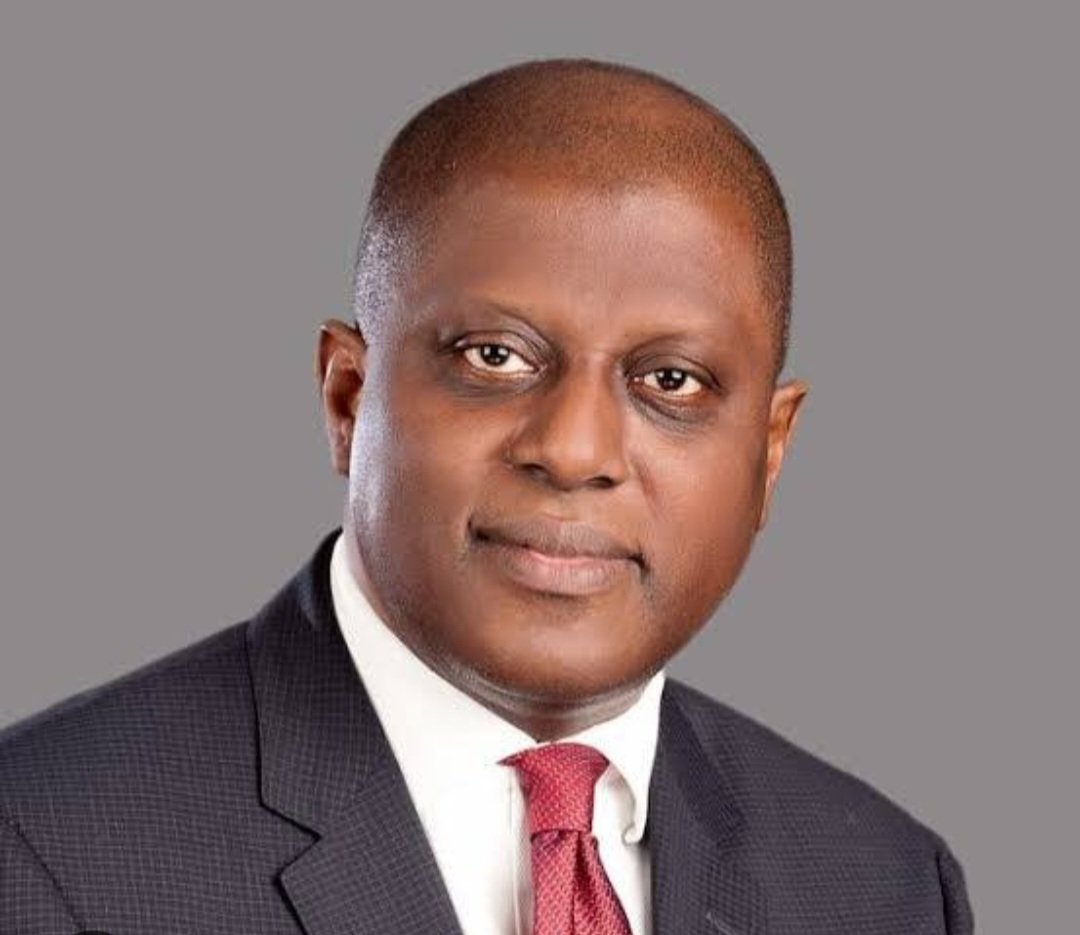Nigeria has witnessed a surge in currency in circulation (CIC), with an increase of N890 billion within the short span of three months under the leadership of Governor Cardoso at the Central Bank of Nigeria (CBN).
The latest money and credit statistics data released by the CBN indicates that the CIC climbed from N2.76 trillion in September 2023 to N3.65 trillion in December 2023, marking a remarkable 32% jump.
Join our WhatsApp ChannelThis surge unfolded amidst a backdrop of naira scarcity, leaving many questioning the adequacy of cash in circulation despite reassurances from the CBN. The data further reveals that a staggering 94% of the CIC is held outside the banking system, signaling a notable shift in the behavior of Nigerians towards hoarding cash at home.
READ ALSO: Naira Depreciation: ‘CBN’s New Measure Will Ease Forex Pressure’
In response to growing concerns over the sufficiency of currency in the banking system, the CBN issued statements reassuring citizens of ample currency stocks while attributing the scarcity to widespread hoarding.
This revelation aligns with reports of cash shortages at various financial touchpoints, including banks, ATMs, Points of Sale, and Bureaux de Change (BDCs) across major cities in Nigeria.
The surge in non-bank-held cash comes as a stark contrast to the previous CBN Governor Godwin Emefiele’s efforts to curb inflation by redesigning certain denominations and introducing new notes.
The policy had initially reduced the country’s currency supply, but under Cardoso’s leadership, it appears that the CBN is allowing more cash to circulate.
Despite the positive shift, concerns linger regarding the impact of this currency surge on inflation, which reached a concerning 28.92% in December 2023.
The palpable rise in circulating currency and money supply raises questions about the effectiveness of the CBN’s measures in curbing inflation and whether this surge could potentially exacerbate the existing economic challenges.
As the nation grapples with this unprecedented surge in currency circulation, the dynamics between hoarding behavior, inflation rates, and the CBN’s evolving policies will undoubtedly shape the trajectory of Nigeria’s economic landscape in the months to come.
Emmanuel Ochayi is a journalist. He is a graduate of the University of Lagos, School of first choice and the nations pride. Emmanuel is keen on exploring writing angles in different areas, including Business, climate change, politics, Education, and others.



















Follow Us